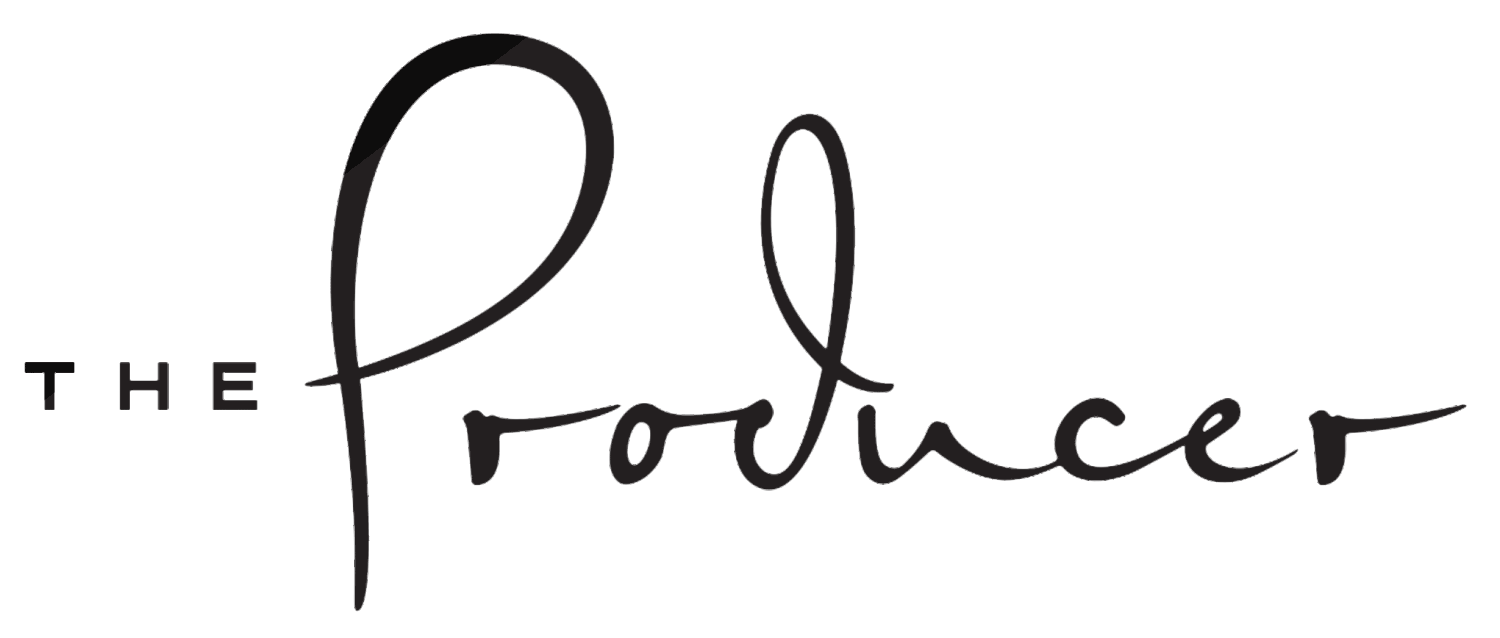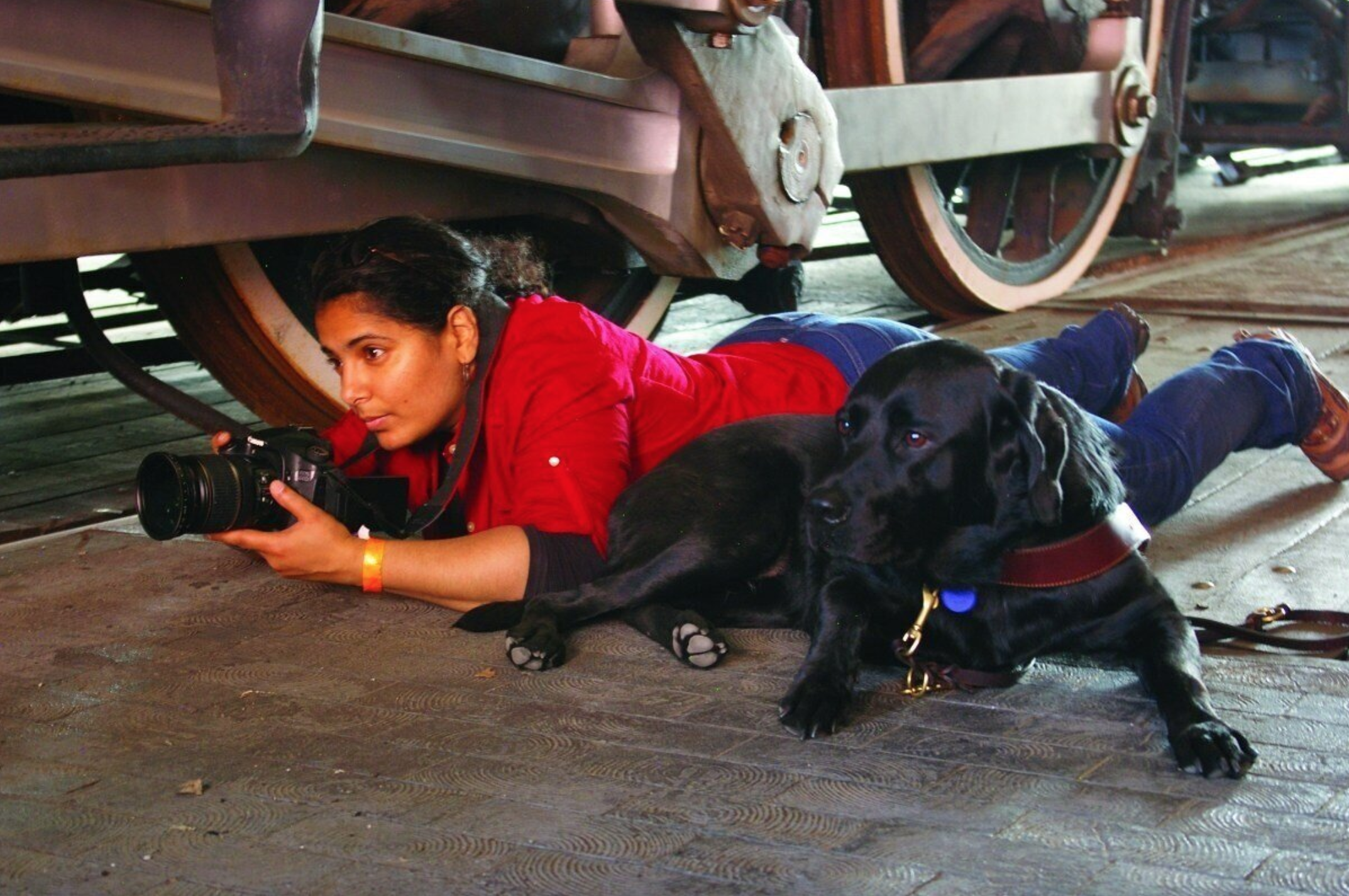Amplifying All Voices: Creating Accessible Production Environments
/For those of us in leadership positions, here are practical steps we can take to make our sets, studios, and creative spaces more inclusive:
Provide communication options
Offer interpreters, captioning services, and visual cues during meetings and productions. Remember that one size doesn't fit all—ask individuals what accommodations work best for them.Rethink the audition process
Traditional auditions can disadvantage those with speech or hearing differences. Consider alternative submission formats, and judge on creative merit rather than communication style.Integrate accessibility into budgets
Allocate funds for accessibility measures from the beginning of your project planning. This isn't an "extra" expense but an essential investment in your production's quality and reach.Educate your team
Foster a culture where everyone understands basic accessibility practices. Simple awareness can prevent unintentional exclusion and create a more welcoming environment.
Support Networks: Organizations Championing Differently-Abled Creatives
Transforming our industry requires more than individual efforts—it demands robust support systems and collaborative advocacy. Fortunately, numerous organizations are already doing important work in this space:
Professional Organizations and Industry Groups
FWD-Doc (Filmmakers with Disabilities) - A growing collective of disabled filmmakers advocating for authentic representation and accessible production environments. Their toolkit "Changing the Narrative" provides concrete guidance for working with disabled talent both in front of and behind the camera. Visit: fwd-doc.org
Deaf West Theatre - A pioneering organization that creates professional theater productions that bridge Deaf and hearing cultures. They regularly offer mentorship opportunities and workshops for emerging artists. Visit: deafwest.org
RespectAbility - Their Entertainment Lab specifically focuses on developing and placing disabled talent in all aspects of the entertainment industry, with over 90% of program participants securing entertainment jobs. Visit: respectability.org
Educational Resources and Training Programs
Media Access Group at WGBH - Beyond providing accessibility services like captioning and audio description, they offer professional development and training on creating accessible content. Visit: wgbh.org/foundation/what-we-do/media-access-group
Gallaudet University's Motion Light Lab (ML2) - An incubator for creative uses of visual language, technology, and storytelling, offering unique educational opportunities for deaf visual artists. Visit: motionlightlab.com
National Theatre of the Deaf Professional School - Provides specialized training for deaf and hard-of-hearing individuals pursuing careers in theater arts. Visit: ntd.org
Funding and Production Support
Inevitable Foundation - Awards substantial grants to disabled screenwriters and filmmakers, addressing the significant funding gap that many face. Their Elevate program provides both financial support and professional development. Visit: inevitable.foundation
Creative Diversity Network - Their Disability Action Plan provides guidance for productions to improve accessibility and representation, while their research illuminates areas needing progress. Visit: creativediversitynetwork.com
Easterseals Disability Film Challenge - Gives filmmakers the opportunity to collaborate and tell unique stories while providing visibility for disability-inclusive projects. Winners receive valuable industry mentorship. Visit: disabilityfilmchallenge.com
Digital Communities and Networks
Disabled Writers Database - Connects productions with disabled writers, addressing the "I couldn't find anyone" excuse. Visit: disabledwriters.com
Deaf Talent Directory - A searchable database of deaf and hard-of-hearing professionals working across all areas of film and television production. Visit: deaftalent.org
The Disabled List - A disability-led self-advocacy organization that highlights disabled expertise in design and creative fields through their Design Disability database. Visit: disabledlist.org
Technology and Tools
SignAll - Developing AI technology that translates American Sign Language into text and speech in real-time, potentially revolutionizing communication on sets. Visit: signall.world
Wayfindr - An open standard for audio navigation that helps vision-impaired individuals navigate spaces independently, applicable to production studios and theaters. Visit: wayfindr.net
Able Player - A fully accessible cross-browser HTML5 media player, useful for ensuring screeners and digital content are accessible to all reviewers and audiences. Visit: ableplayer.github.io/ableplayer
Building Sustained Support: How to Engage
Connecting with these resources provides multiple pathways to create lasting change:
Become a member or sponsor of organizations like FWD-Doc or RespectAbility to support their ongoing advocacy work
Participate in specialized job fairs such as those hosted by Deaf in Media or the Ruderman Family Foundation to discover qualified candidates with disabilities
Implement mentorship programs specifically designed to nurture disabled talent, perhaps in partnership with established organizations already doing this work
Consult with accessibility experts early in your production planning—many of the organizations listed offer consulting services
Share these resources with your networks and production teams to expand awareness of available support systems


